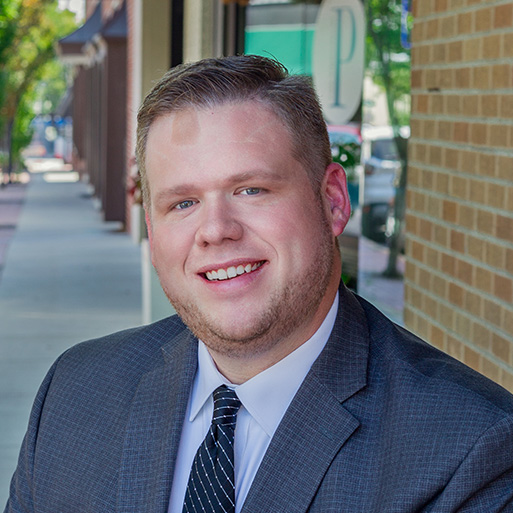How Do You Handle Probate?
Understanding the Probate Process
The Role of a Last Will and Testament
The Impact of Power of Attorney on Estate Distribution
When you die, the Power of Attorney you gave to an agent ends, and they are no longer in control of your estate. Your “estate” is not a big fancy house, but a legal term used to define the total of everything you own.
Property that you owned while living, unless it was owned jointly with another person, or had a beneficiary designation giving the property to another person upon your death, is distributed through a court order. However, the court order requires a series of steps.
Steps Involved in Probate
Opening a Probate Case in Court
Testate vs. Intestate Probate Proceedings
If you did not have a will, or if the will was not prepared correctly and is deemed invalid by the court, the probate is called “intestate” and the court appoints an administrator to follow the state’s laws concerning how property is to be distributed.
You may not agree with how the state law directs property distribution. Your spouse or your family may not like it either, but the law itself decides who gets what.
Appointment of Fiduciary and Legal Notice
Executor or Administrator Responsibilities
Estate Asset Management and Distribution
Importance of Proper Estate Documentation
The Importance of Estate Planning
Ensuring Your Wishes Are Followed
The executor or administrator is entitled to a fiduciary fee for their work, which is usually a percentage of the estate.
Probate ends when all of the property has been gathered, creditors have been paid and beneficiaries have received their distributions.
With a properly prepared estate plan, your property will be distributed according to your wishes, versus hoping the state’s laws will serve your family.
Protecting Your Interests During Life
Utilizing Key Estate Planning Documents
Probate ends when all of the property has been gathered, creditors have been paid and beneficiaries have received their distributions.
With a properly prepared estate plan, your property will be distributed according to your wishes, versus hoping the state’s laws will serve your family. You can also use the estate planning process to create the necessary documents to protect you during life, including a Power of Attorney, Advance Medical Directive and Healthcare proxy.
Reference: The News-Enterprise (Feb. 2, 2021) “Explaining the basic aspects probate”

Estate Planning Legacy Planner
Everyday, we work with people who have lost someone they care about. There is so much these folks have to organize and manage. This planner organizes the information they will most need, in our experience, saving so much time and unnecessary cost. Besides organizing your information, it's so important to have a good estate plan that will keep your family out of court and conflict.
Please use the button below to receive a free copy of our Estate Planning Legacy Planner, an organization tool essential to any estate plan designed to help your loved ones take care of you and handle your affairs.
Attorney Benjamin Long
Benjamin Long is the founding attorney at Schlagel Long, LLC, an estate planning and probate law firm located in Olathe, Kansas. With extensive experience in probate law, Ben helps families navigate the complexities of probate proceedings, clearly explaining the differences between testate (with a valid will) and intestate (without a will) estates.
Ben understands that probate can be overwhelming for executors and administrators, especially when documentation is incomplete or unclear. He guides families through every step of the probate process, from opening the probate case and validating wills, to managing estate assets, handling creditor claims, and ensuring timely distribution to beneficiaries. He emphasizes thorough estate planning, including properly prepared wills, Powers of Attorney, Advance Medical Directives, and Healthcare Proxies, to ensure his clients’ wishes are honored and to avoid unnecessary complications for surviving family members.
Benjamin earned his law degree from Washburn University School of Law, receiving a Certificate in Advocacy and induction into the prestigious Order of the Barristers. He holds a Bachelor of Science from Kansas State University. Recognized as a Super Lawyers Rising Star and recipient of Martindale-Hubbell’s Client Distinction Award, Ben is committed to providing compassionate, clear, and authoritative guidance on estate planning and probate matters.
Outside of his practice, Ben serves as an adjunct professor at Washburn Law School and coaches the Kansas State University Mock Trial Team. He resides in Olathe with his wife, Dr. Andra Long, and their two daughters.

